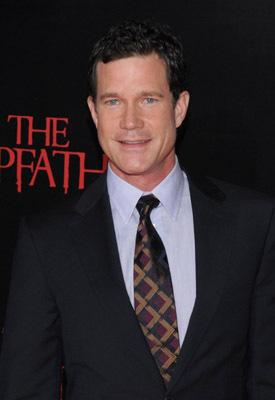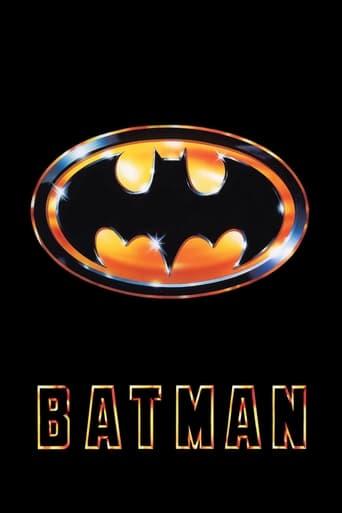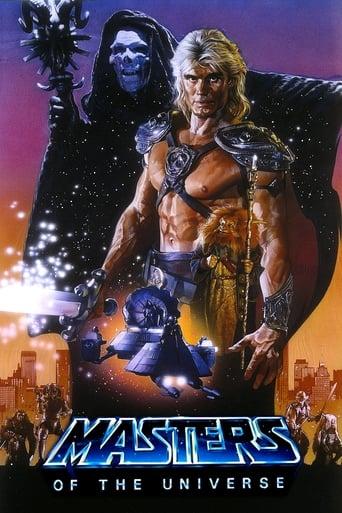
Congo
2.6
(960)
Action
Adventure
Science Fiction
1995
109 min
PG-13
Eight people embark on an expedition into the Congo, a mysterious expanse of unexplored Africa where human greed and the laws of nature have gone berserk. When the thrill-seekers -- some with ulterior motives -- stumble across a race of killer apes.
Starring:
Laura Linney
,
Dylan Walsh
,
Ernie Hudson
,
Tim Curry
,
Grant Heslov
,
Joe Don Baker
,
Lorene Noh
Science Fiction
Action
Adventure
AD
Community ReviewsSee all
"Congo (1995), directed by Frank Marshall and based on Michael Crichton's novel, is more than just a jungle adventure. It's a film that delves into the depths of human ambition, the ethical implications of scientific exploration, and the clash between technology and nature.
One of the most intriguing aspects of Congo is its exploration of the ethical boundaries of scientific research. Dr. Peter Elliot, played by Dylan Walsh, has taught an ape named Amy to communicate using American Sign Language and a speech synthesizer. This raises questions about the extent to which humans should manipulate and control other species for their own purposes. Is it ethical to use animals in such experiments, even if it leads to groundbreaking discoveries?
The film also highlights the destructive nature of human greed. The quest for the diamonds of Zinj is driven by the desire for wealth and power, often at the expense of human lives and the environment. This theme is embodied by the character R.B. Travis, a megalomaniac tycoon who prioritizes the diamonds over his own son's safety. This portrayal serves as a cautionary tale about the dangers of unchecked ambition and the moral compromises people are willing to make in pursuit of their goals.
Moreover, Congo presents a stark contrast between technology and nature. The advanced equipment and gadgets used by the expedition team are juxtaposed with the raw, untamed wilderness of the Congo. This dichotomy raises questions about the impact of technology on the natural world and whether humanity's relentless pursuit of progress is ultimately sustainable.
"







































